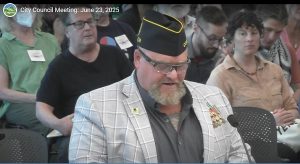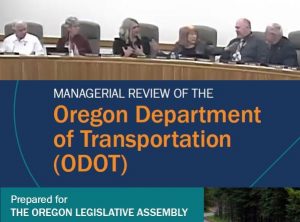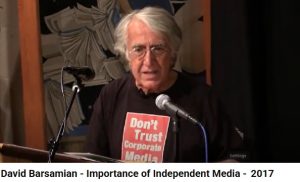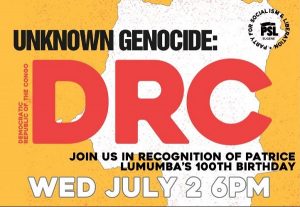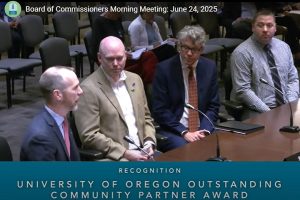Supreme Court decision in Brackeen could threaten Indigenous sovereignty
3 min read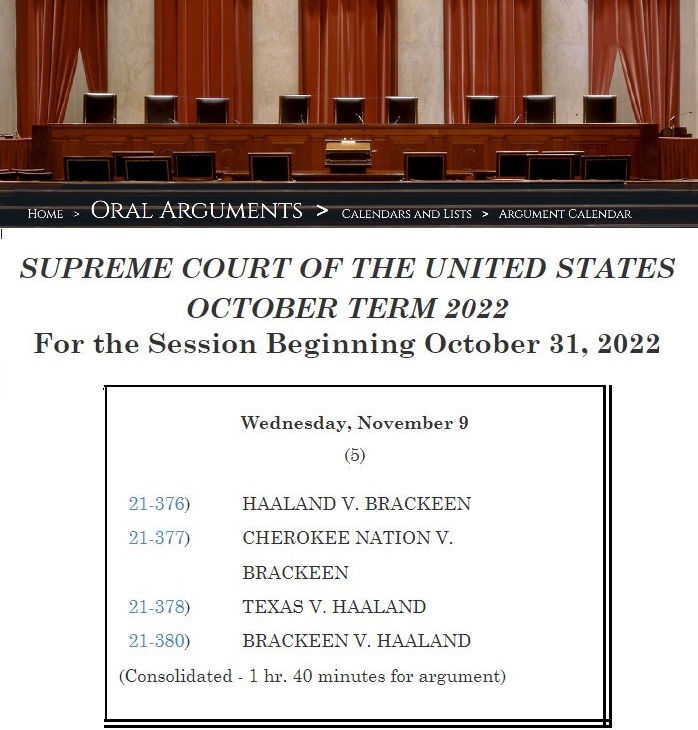
by Wašté Win Young
On Nov. 9, the Supreme Court heard oral arguments in Brackeen v. Haaland. Now, the justices will determine the fate of the Indian Child Welfare Act (ICWA). Depending on what they decide, Indigenous child welfare and sovereignty as we know it on Turtle Island could be seriously threatened.
The arguments from attorneys and questions from justices focused on two central legal questions, both involving ICWA’s preferences to place adoptive Native children with Native families.
First, do ICWA’s placement preferences discriminate against non-Native people on the basis of race?
Second, does ICWA fall within Congress’ plenary — or total — authority to legislate on Indian affairs to the exclusion of states?
Let’s be clear. First, under law, tribes are considered sovereign political entities — not racial groups — and striking down ICWA would violate centuries of legal precedent and imperil other legislation that properly respects our sovereign status.
And since the ratification of the Constitution, the federal government has been recognized as the sole arbiter of Indian affairs, to the exclusion of state authority.
During pointed questioning, Justice Neil Gorsuch (a conservative) noted that the Constitution does, in fact, give Congress plenary authority to legislate Native issues. The policy arguments brought forward by the legal team seeking to overturn ICWA — including lawyers from Gibson Dunn, a law firm that represents the fossil fuel industry — “might be better addressed across the street” in the halls of Congress, Justice Gorsuch suggested.
I very much appreciate Gorsuch’s understanding and application of the law. But the truth is that if anyone should have complete authority over Native issues, it should be Native people. And while traditional congressional power to oversee Indian child welfare is a strong argument in defense of ICWA, it’s notable that a law made by the United States to protect our children is the exception, not the rule.
It’s also worth mentioning that, even in 2022, no Native person could be found arguing or hearing the case. Instead, our people were literally outside the halls of power, demonstrating in the street.
Now, let’s talk a little history. For centuries, the U.S. government has enforced paternalistic and inhumane policies to separate Native children from their families. Through forced migration, the Indian boarding school era, and then their placement into non-Native foster care, our young ones have long been taken from their homes and homelands under the guise of assimilation, education, and Christianization.
These policies, tantamount to genocide, have fractured lives and created generational trauma that plagues Indian Country to this day.
That’s exactly why, in 1978, after federal investigations found that public and private agencies had removed a third of all Native children from their homes and placed most of them in institutions or homes with no ties to American Indian tribes, Congress enacted ICWA.
Lakota Law’s legal team remains proud to have drafted ICWA’s enforcement guidelines.
So now, we await the Court’s ruling. In addition to the recent oral arguments, the justices have thousands of pages of legal documents— including our amicus brief — to consider. We remain hopeful that Chief Justice John Roberts will join Gorsuch and the Court’s liberal wing in preserving at least most of ICWA, despite his repeated questioning of ICWA’s “third preference.”
It’s possible this portion of the law, which allows for a Native child who cannot be placed with either members of their extended family (the first preference) or members of the same tribe (the second preference) to be placed with members of another tribe, could be erased.
The Court has many angles to consider, and the potential opinions and outcomes are legion. We don’t expect a decision until well into 2023 — most likely in June.
In the meantime, please continue to spread the word and share our action asking President Biden to intervene. Hope is always worth having, but we mustn’t solely rely on this majority conservative Court.
Let’s stay vigilant and use every means at our disposal to preserve our kinship structures, our culture, and our sovereignty.
Wašté Win Young is a legal analyst with the Lakota People’s Law Project. The Lakota People’s Law Project is part of the Romero Institute, a nonprofit 501(c)(3) law and policy center. All donations are tax-deductible.
